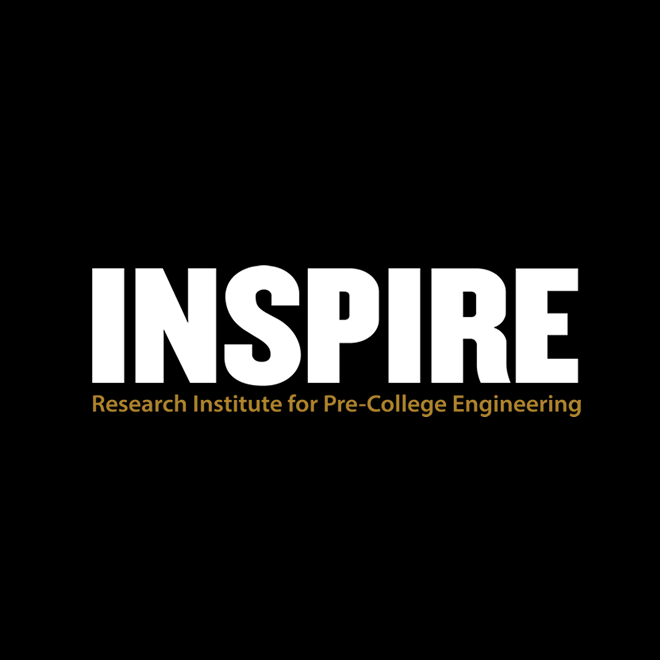Abstract
This mixed-methods study examines how teachers who have taught one or two units of the Engineering is Elementary (EiE) curriculum for two years reported on: students’ responses to design failure; the ways in which they, the teachers, supported these students and used fail words (e.g. fail, failure); and the teachers’ broad perspectives and messages to students about failure. In addition, the study explores how strategies, perspectives, messages, and fail word use may change after two years of engineering instruction. This study builds on previous work about elementary teachers’: perspectives on failure prior to teaching engineering, and responses to and perspectives on failure after teaching EiE unit(s) for one year. Data collected included 74 surveys, containing both quantitative and qualitative items, and ten in-depth, semi-structured interviews. Quantitative data were analyzed via non-parametric methods, and qualitative analysis involved an iterative search for codes and themes. The convergent mixed-methods design enabled comparison across quantitative and qualitative findings. Findings included that the elementary engineering classroom is a complex space in which teams may or may not experience design failure; for those teams that do, they—and, in turn, their teachers—may respond to this experience in a wide range of ways. Also, after two years of teaching engineering, teachers felt more comfortable preparing students for design failure experiences, and responding when design failure occurred. Most also felt more comfortable using fail words, and when they used these words, learned to do so with context and care.
Recommended Citation
Lottero-Perdue, P. S.,
&
Parry, E. A.
(2017).
Elementary Teachers’ Reflections on Design Failures and Use of Fail Words after Teaching Engineering for Two Years.
Journal of Pre-College Engineering Education Research (J-PEER), 7(1), Article 1.
https://doi.org/10.7771/2157-9288.1160
Included in
Elementary Education Commons, Elementary Education and Teaching Commons, Engineering Education Commons


